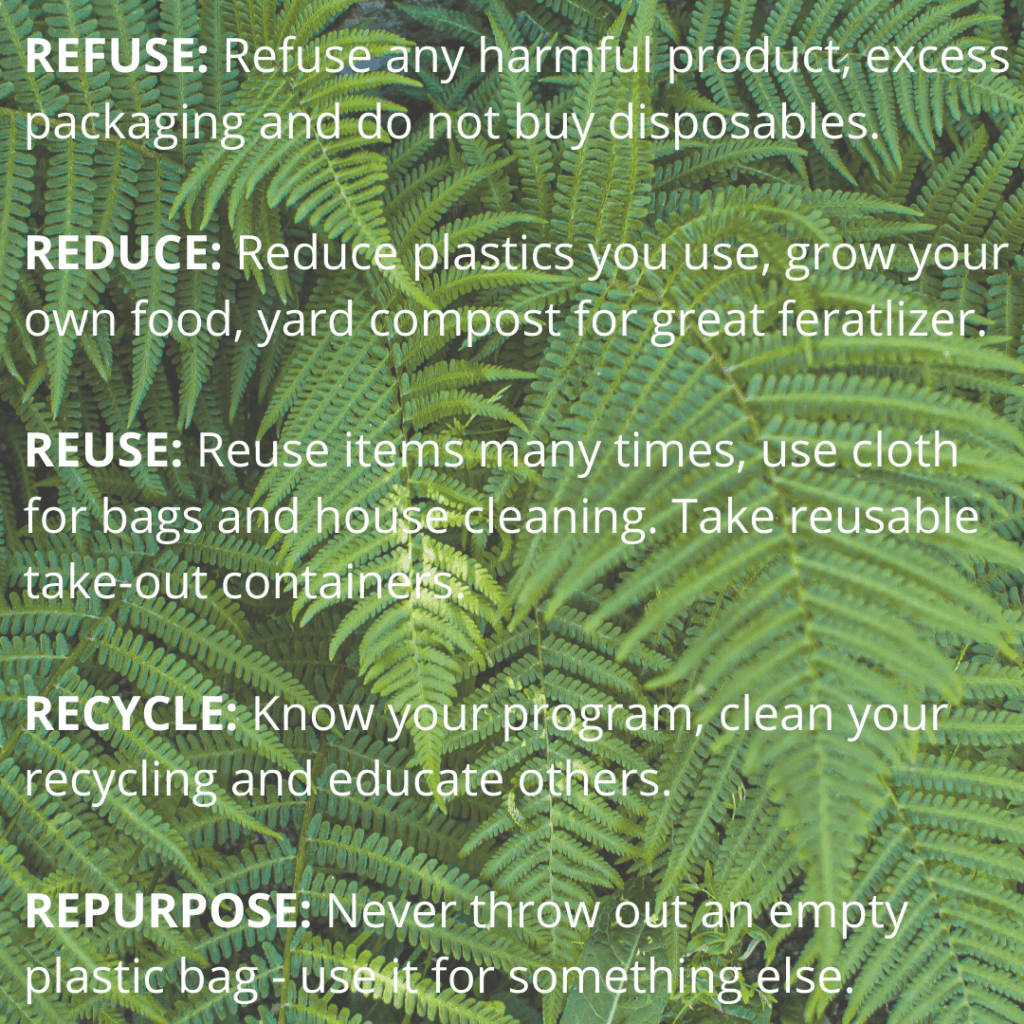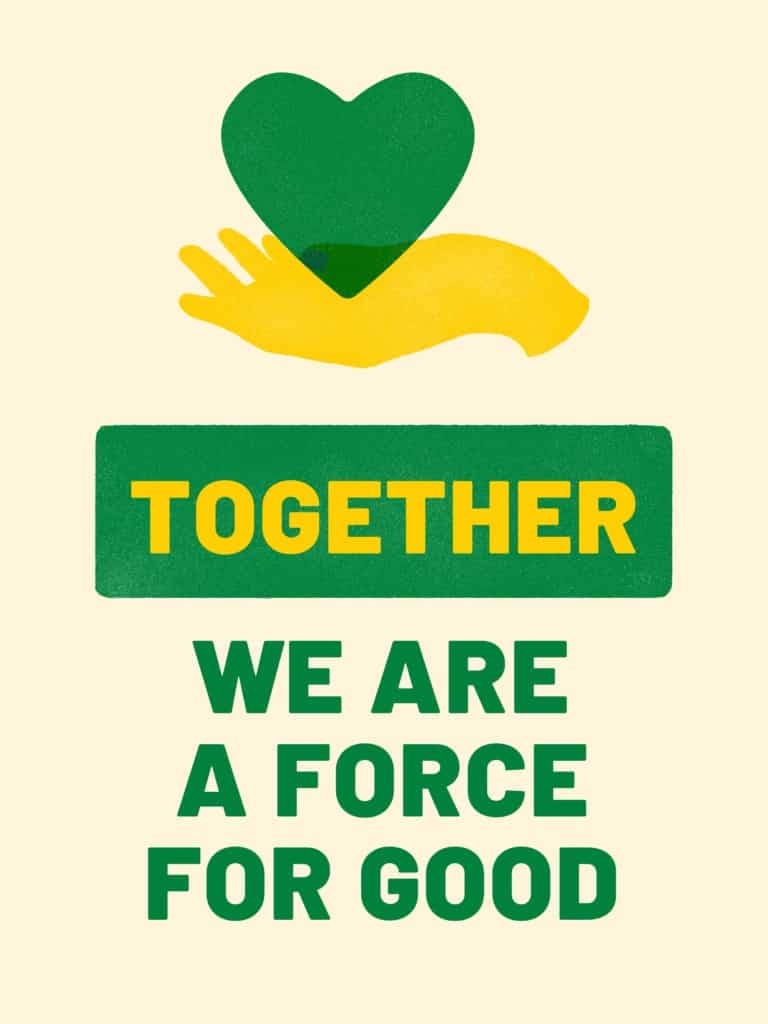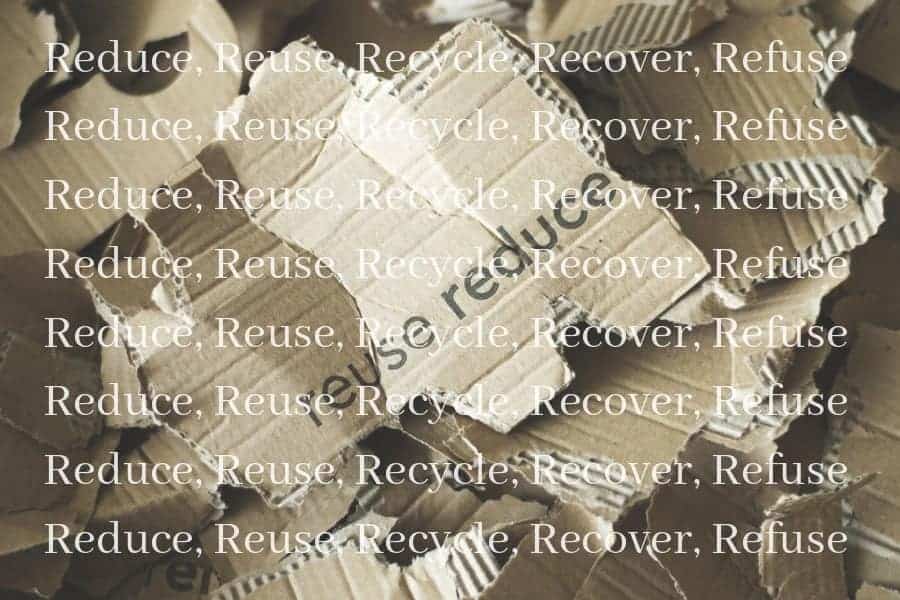Unraveling the persistent myth of recycling
Here’s what you can do to truly help the environment
When I was growing up, I learned about the 3Rs: reduce, reuse, and recycle. In the past 20 years, many references have added a fourth: recover. I just discovered a fifth R while researching this article: refuse (just say no).
There are many ways to reduce our human footprint, but none has become more widespread than recycling. Jane Hutch, master composter with the City of Edmonton (and friend) says she is conflicted about recycling. Many of us feel that once we have put recycling in the blue bag, we have done our part. According to a Stewardship Ontario survey (2011), almost three-quarters of Ontarians listed their weekly recycling as their “primary environmental effort.”

When I moved from Calgary to Edmonton in 2004, Calgary only had an optional homeowner pays recycling program while Edmonton had been winning awards for its recycling. I felt relieved! I religiously cleaned my plastics, broke down my cardboard, and ensured all glass was contained within a cardboard box so if it broke it would not contaminate the other recycling. I was proud that my recycling volume far outweighed any waste. And then I was educated about the reality of recycling. In a 2018 article in The Walrus, Matthew Halliday wrote,“You may use the blue bin, but it doesn’t mean you’re helping the environment.”
The story of recycling
Jodi Tomchyshyn London, president of the Recycling Council of Alberta (and a friend of mine), states that we don’t have the naming right for recycling. “When we ‘recycle’, we are actually sorting materials. We are not recycling,” she says.
Our recycling materials go to the City of Edmonton’s sorting facility (the material recycling facility) where everything is sorted and bailed into similar materials. Some materials are melted down and others are ground down to pellets of reusable material. Plastics are melted down into nurdles, the raw material for almost every plastic product (Google the Great Nurdle Hunt).
At this point economics take over. Is there a market for the materials? Recycling is largely a commodity business dependent on supply and demand for recycling products. So, when municipalities produce more recyclables than end markets will absorb, the price of the product decreases. For recycling, Alberta and Canada face competition from around the world.
After decades of purchasing our recycling, China stopped taking our yang laji (foreign garbage) in 2018. One reason was the contamination of the recycling, like greasy pizza boxes. Many Canadian operators that relied on China were left scrambling. As Halliday’s article notes, plastic exports went from 6,700 tonnes to 578 tonnes in one year and recycled paper fell from 53,000 to 15,800 tonnes. A lot of our recycling ended up in landfills. We are still separating into recycling and waste, but without markets for the materials there have been few short-term options.
Halifax burns its plastics in waste-to-energy facilities. In May 2019, Calgary had more than 7,500 tonnes of paper and was storing more than 1,000 tonnes of clamshell plastics (used for berry and veggies) as they had no customers.
Tomchyshyn London says in Alberta, many of our recycled products find markets in North America: plastics go to Calgary and B.C. and metals go to the United States.
A bit more on plastics
We are hearing a lot about single-use plastics. Whether it is plastic bags, straws, or the plastic packaging around more plastic packaging at the grocery store, single-use plastics have been recognized as a waste of resources with negative externalities (something external to the considerations of a product, policy, plan). Plastics pollute our water, land, and air and have a negative impact on living creatures.
Tomchyshyn London recently did a presentation on plastics and some facts were shocking. Alberta has 50 years of recycling history, with beverage containers having been recycled since 1972, tires since 1992, used oil containers since 1997, e-waste since 2004, and paint containers since 2008. However, only 10 per cent of plastics used in Canada are recycled. Half of plastic generated is single-use and over 80 per cent of plastic pollutants are single-use.
The Recycling Council of Alberta website states, “Single-use bags of any type represent wasteful resource use. Recycling of plastic and paper bags is environmentally preferable to disposal but is less preferable than reduction and reuse options. The Recycling Council of Alberta supports programs that encourage the use of durable, reusable options rather than single-use shopping bags.”
What can we do to improve recycling and follow the 5Rs?
The advice about the 5Rs is to follow them in this order: first refuse, then reduce, re-use, recycle, and recover. The accompanying 5R figure provides some easy-to- follow suggestions.

Recycling is still a part of this mix, but it’s important to consider our approach to it. Some people feel they are terrible at it, like keeping track of what can be recycled and what can’t, and properly cleaning our recyclables. So, we toss all kinds of non-recyclable items in the recycling bin to let others figure it out. That can lead to higher costs to the City, to taxpayers, and to the environment.
Jane Hutch knows it can get confusing. What is recyclable is different in each city. She promotes the WasteWise App for the City. In addition, Tomchyshyn London and her team at the Recycling Council of Alberta (recycle.ab.ca) are a great resource.
“We can all be great role models for our family, friends, and community! Share your knowledge, and help others feel the pride of reducing our waste,” says Hutch.
Thank you to Jodi for the expert interview, to Jane Hutch for her positive passion on waste reduction in Edmonton, and to Karen Mykietka for sending me the idea for this month’s theme and articles relating to recycling. If anyone wants the source materials for this article, please email me.
Featured Image: Refuse, then reduce, re-use, recycle, and repurpose. | Gillian Kerr







